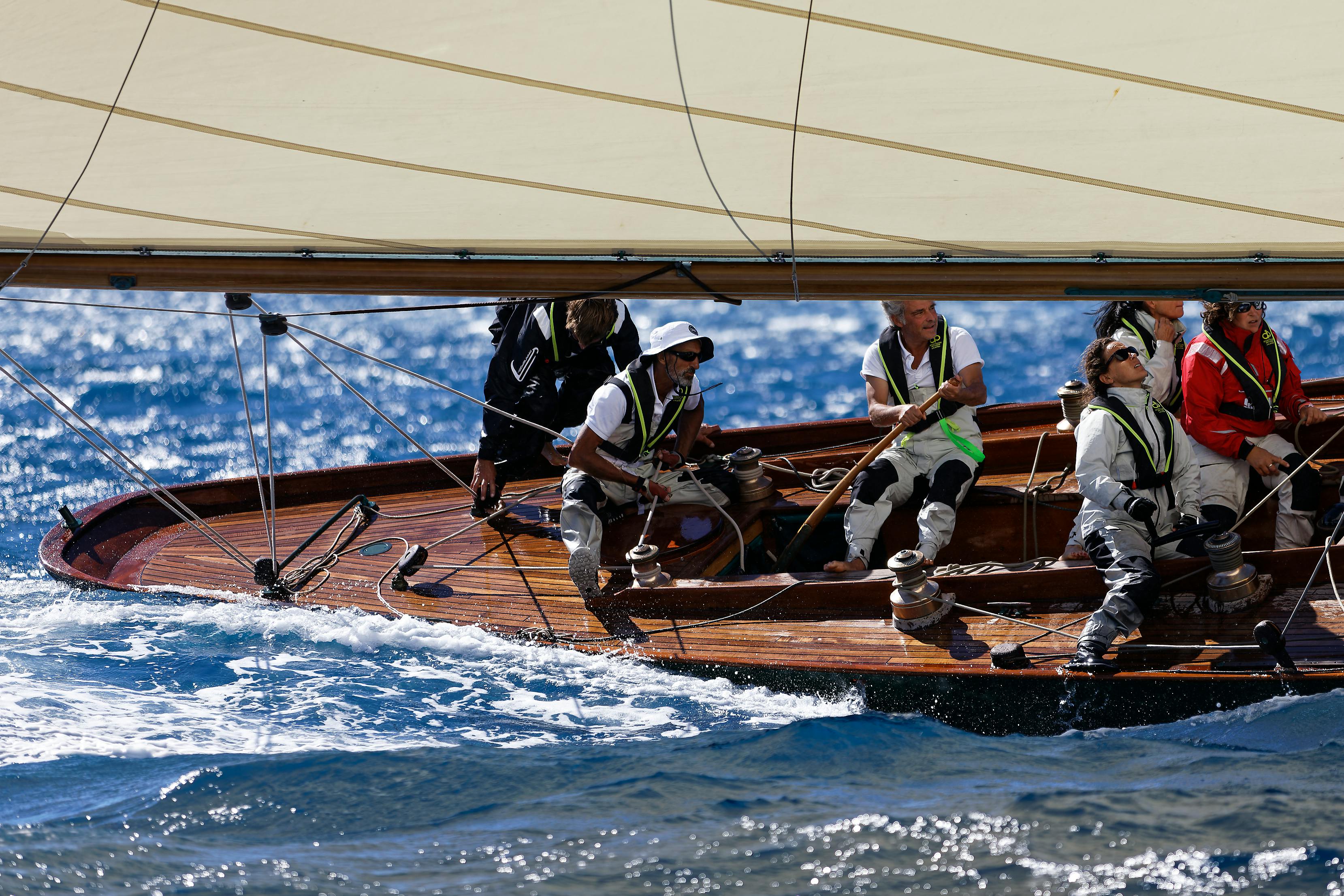Over the past few years Jakarta has already been flooded several times.
The city is already implementing large-scale megaprojects - the construction of a new coastal wall, which should protect the city from natural disasters and push back the sea. The next step is a larger dam and the construction of an artificial island in the middle of Jakarta Bay.
But Jakarta continues to grow, and experts doubt whether the sea problem will be completely solved by mega-projects. But for sure these projects will have a very strong impact on the environment.
The Indonesian government found a more profound solution - a few years ago it was proposed to start building a new capital - the city of Nusantara.

Now construction is already underway on the neighboring island of Borneo, in picturesque plains in the jungle.

The cost of building the new capital is expected to be around $35 billion, funded by the national budget, state-owned enterprises and private investors.
Now the construction of the city's infrastructure has already started - roads, bridges, first buildings.
It is expected that more than 500 thousand people will already live in the city by the end of 2024. The official opening of the city is scheduled for August 17, 2024. In the same year, the government will also move to the new capital.
It is expected that by 2035 the Nusantara launches full capacity innovation and economic centers and completes the transfer of the government center.
In 2045 there will be 4.8 mln. workplaces, miraculous growth!
The city already plans to participate in global competitiveness. It is very important to plan long-term and ambitiously in order to achieve high results.
More than 273 million people already live in Indonesia - this is the 16th economy in the world. And the new capital should correspond to the achievements and rapid development of the country.
The government expects that up to 2045 the Nusantara will in top-10 of the Best Livable Cities and achieve net zero-carbon emissions and 100% renewable energy at installed capacity, becoming the first city in the world with a population of more than 1 million people to achieve this target.

The city plans to achieve high quality of life and standard of livings. Among the key goals of the city:
- green city - more than 75% of the area will be covered with green spaces
- completely ecological construction (housing, offices, enterprises)
- 80% of the population will use public transport; the way from the city centre to the airports will be less than 50 minutes
- accessibility of social and medical services, parks and recreational areas - no more than 10 minutes from home.

The economic basis of the city will be 6 economic clusters - priority sectors that will create effective and highly productive jobs:
• Clean Technology Industry Cluster
• Integrated Pharmacy Cluster
• Sustainable Agriculture Industry Cluster
• Ecotourism and Health Tourism Cluster
• Clusters of Chemicals and Chemical Derivative Products
• Low Carbon Energy Clusters.
Also the Government plans to create an infrastructure for modern education, research and development
• The 21st Century Education Cluster
• Smart City and Industry Center 4.0

In our next publications we will continue to tell you about new cities - how they appear, how they are built, what they do to become comfortable for life and work.
#newcity #agglomeration #Indonesia #Nusantara #Venice #Holland # #economicgrowth #Singapore #Berlin #Istanbul #Budapest #Barcelona #Ankara #Dubai #Cairo #businessfriendliness #economicpotential #doingbusiness #citystrategy #centerforcitydevelopmentpolicy #CCDP #cdpcenter #startup #humancapital #ibukotabaru #ikn









